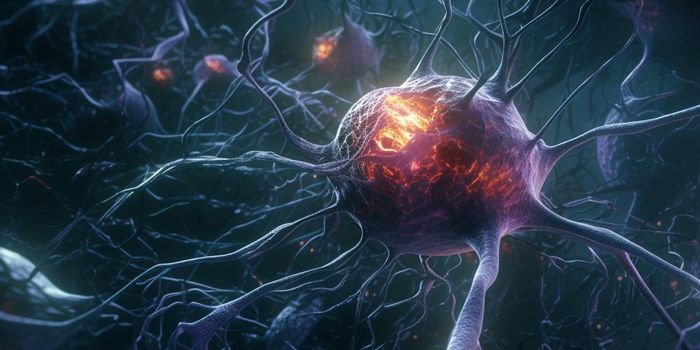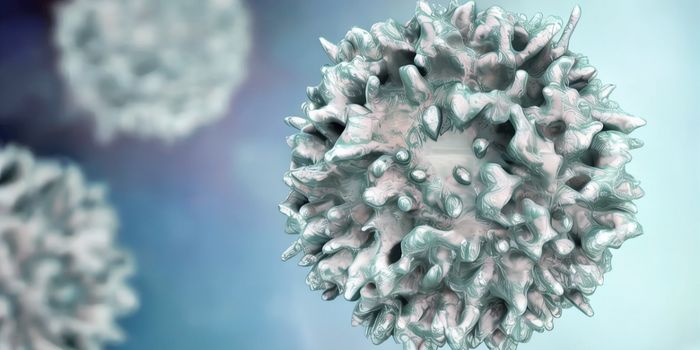Seven DNA fingerprints determine genetic predisposition for cancer
New research published in Science Advances is attempting to change the way that we think about cancer. The research suggests that cancers develop more due to genetic predispositions that due to “bad” human behavior, like smoking or eating a high-fat diet. The research comes from Dr. Edwin Wang, PhD, at the University of Calgary, who is a cancer systems biologist and big data scientist. He is also the Alberta Innovates Translational Chair in Cancer Genomics.
"This discovery rewrites the textbook explanation that cancer occurs because of human behavior combined with some bad luck to include one's genetic make-up," says Wang. "We believe that a baby is born with a germline genomic pattern and it will not change, and that pattern is associated with a lower or higher cancer risk."
Wang has identified seven DNA fingerprints that define cancer risk. He says it is likely that everyone fits into these groups that place them somewhere on the spectrum of the genetic predisposition for developing cancer. The seven DNA patterns are the germlines that act as our genetic inheritance, meaning that they can provide much insight into multi-generational disease risk.
Of the seven germlines identified, Wang says one protects against cancer development while the others associated with a greater risk for cancer. "It is interesting that one of these germlines is protective against developing cancer and it appeared frequently in our analysis of genomes," says Wang. "We know there are individuals who can smoke and have an unhealthy lifestyle but never get cancer, and this discovery may explain that phenomena."
To arrive at these conclusions, Wang used machine learning to analyze over 26,000 germline genomes of individuals, about 10,000 of whom had a range of 22 types of cancer including lung, pancreatic, bladder, breast, brain, stomach, thyroid, and bone. The data came from the National Cancer Institute and control data from genomic-sequenced groups from Sweden, England and Canada.
"We wanted to investigate whether a genomic pattern or a substantial, repeatedly occurring sequential profile in genomes could serve as a promising measurement for genetic predisposition to cancer," says Wang. "We found that one DNA-fingerprint was enriched tens to hundreds of times in germline genomes of cancer patients, suggesting that it is a universal inheritable trait encoding cancer risk."

Wang hopes his team’s findings will positively impact the way physicians and individuals understand cancer risk. "I hope that further studies are carried out to expand upon this work, so that it may eventually be put into practice allowing clinicians to inform patients of their cancer risk and how to take precautions to ensure a healthy life."
Sources: Science Advances, Eureka Alert








